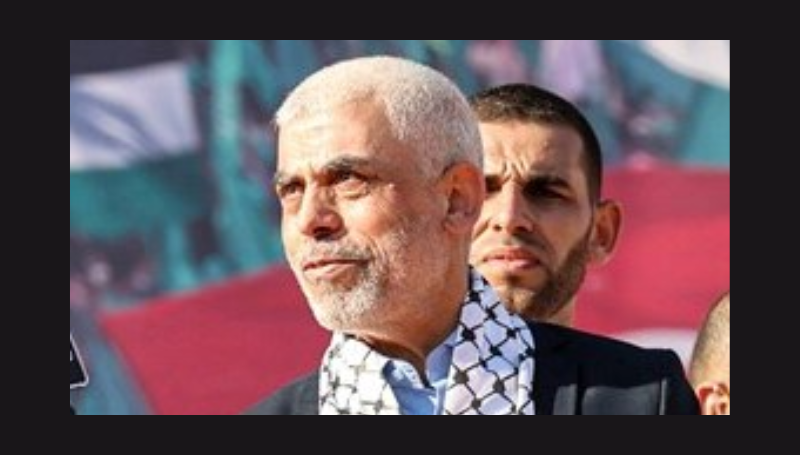Ehud Yaari
Washington Institute for Near East Policy, June 13, 2024
“With generous help from Qatar, Hamas also started a campaign in March asking unaffiliated Palestinian activists from Arab countries and the diaspora to press for a collaborative Hamas role in postwar Gaza.”
Over the past few weeks, Hamas leaders have been engaged in talks with other Palestinian factions and select Arab states to find a formula for postwar governance in the Gaza Strip. Held mainly in Qatar and Egypt, the negotiations have not matured into a clear plan so far, but some forms of cooperation are emerging on the ground in parts of the embattled enclave.
Both the Hamas Executive Committee (based in Doha) and Yahya al-Sinwar’s circle of military leaders (currently hiding in Gaza tunnels) have apparently come to realize that the group cannot continue ruling Gaza on its own and must therefore look for partners. In particular, they fear that no foreign reconstruction funding will be forthcoming unless they help install a different type of administration nominally led by other Palestinian players. Yet they are also confident that they can deter Arab states and other foreign powers from sending forces to Gaza even if they are compelled to go underground indefinitely. In fact, senior Hamas officials such as Osama Hamdan are on record threatening to fight any non-Palestinian presence deployed to police or manage the Strip.
To balance these potentially conflicting objectives, Hamas officials have informed their interlocutors that they are willing to support the formation of either a “technocratic government” or one composed of factions that agree to Palestinian “reconciliation.” They have also insisted that security issues not be part of this government’s authority. In other words, Hamas is happy to let others shoulder civil responsibilities while it focuses on rebuilding its armed networks behind the scenes.,… [To read the full article, click here]


